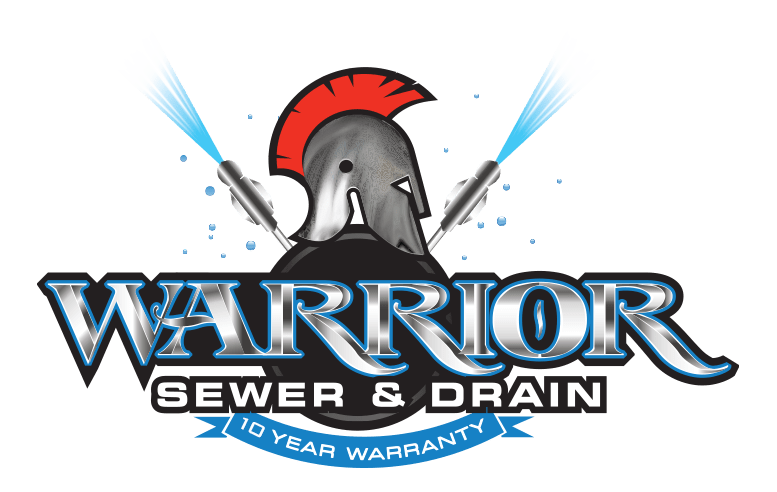Except when they’re not working properly, you probably don’t give the plumbing that runs throughout your home much thought. Since it’s good to know if past or future repairs are done right, it’s good to understand the types of pipe that are available and which type will be best suited to fit the needs of your home, whether you’re employing a professional plumber or attempting some do-it-yourself plumbing.
Plumbing pipes like PEX, Copper, and PVC are typically used Depending on their usage and usability. Other plumbing pipe varieties include black, galvanized, and brass.
Types of Pipes for Plumbing
The water in and around your home will be affected by your choice of pipe in the long run. Here are the most common varieties of water pipelines to take into consideration.
- Stainless Steel:
Although stainless steel pipes look very neat, they are expensive. Stainless steel pipes are utilized in corrosion-prone areas, particularly near coastal areas. These plumbing pipes are available in both flexible and rigid forms and will require unique couplings to connect to other types of pipes. Do not mix stainless steel and galvanized pipes. It comes in a variety of sizes and lengths.
Corrugated Stainless Steel Tubing (CSST) is a flexible water distribution tubing that is a simple and quick alternative for new home construction, renovations, and re-piping. It is easy to install and is an environmentally safe option.
- PEX Plumbing Pipes:
PEX piping is one of the most recent varieties of flexible and plastic piping that requires no maintenance. One can install rapidly in residential and small business locations. It is strong enough to withstand water supply pressure while remaining flexible enough to fit through tight places for simple installation.
Although it has a somewhat higher initial cost, its low maintenance requirements and quick installation make it an ideal pipe for water distribution inside a building. PEX piping is a leak-free product that can even outperform copper piping in some conditions. One significant disadvantage is that one cannot use it in outdoor applications as the UV rays can damage its plastic layer.
- Copper Pipes:
Copper pipes are the most commonly used plumbing pipes due to their long lifespan and reliability. They offer exceptional corrosion resistance, are great for both hot and cold water, and are simple to maintain.
The color and industrial appearance of copper pipes make them an appealing option for buildings with exposed pipes. It is a common choice for water supply plumbing lines since it poses no health risks and can withstand high temperatures and pressures. It is available in both rigid and flexible tubing.
- PVC Pipes:
PVC plumbing pipes are utilized in cold and hot potable water applications, as well as sewage. PVC pipes vary in thickness and configuration depending on where utilized.
Plastic plumbing pipes are a common choice for new home building and home restorations for sewers and drains because of their economical, long-lasting build. These plumbing pipes are lightweight and flexible and installation is fast and easy. These pipes are sturdy and corrosion-resistant, guaranteeing long-lasting durability at a low cost.
- Galvanized Pipes:
Galvanized piping was once the industry standard for residential installations. It is becoming less popular in home settings as rust can accumulate inside pipes with tiny diameters. If the pipe is old enough, you may notice rust traces flowing from the faucet because scales can break off. Gray wastewater can be transported using galvanized pipes.
These plumbing pipes will normally survive only 50 years or so before they need to be changed or repaired, which should be performed by an expert. It will eventually corrode, obstructing water flow and perhaps introducing lead into the water supply.
Some home repairs can be made much simpler if you have the proper plumbing supplies on deck. Remember that while you may handle some household tasks yourself, significant repairs and replacements will probably require the services of professionals like those at Warrior Sewer and Drain.
